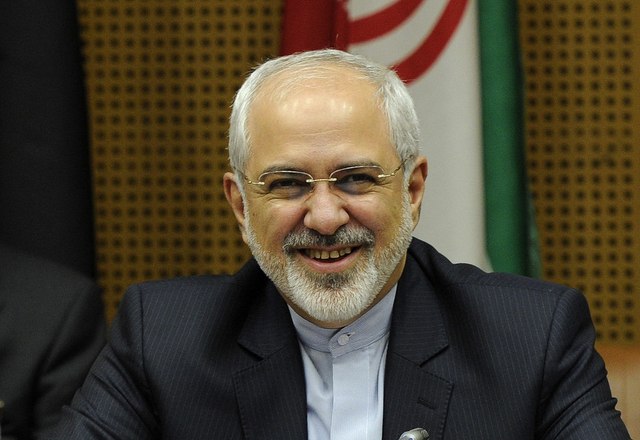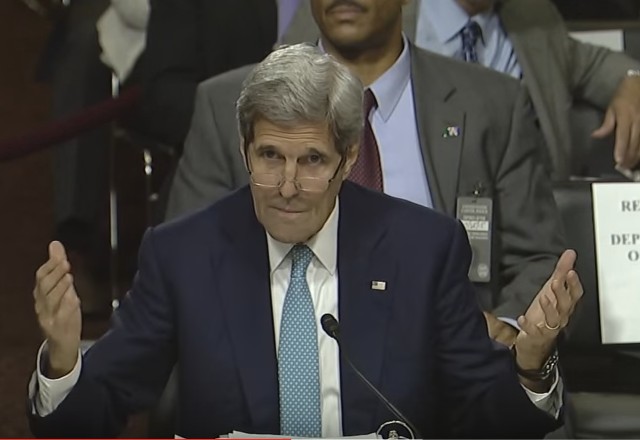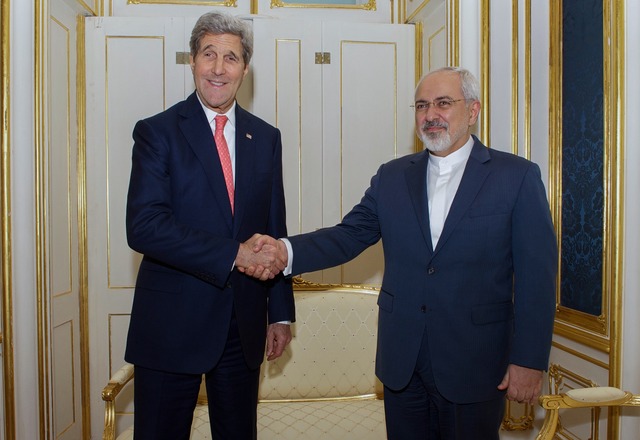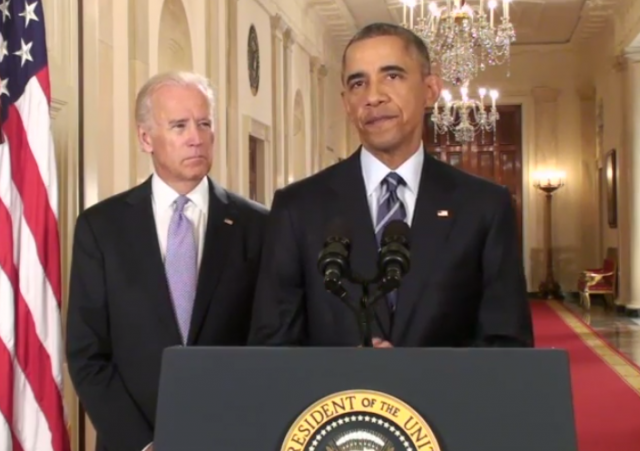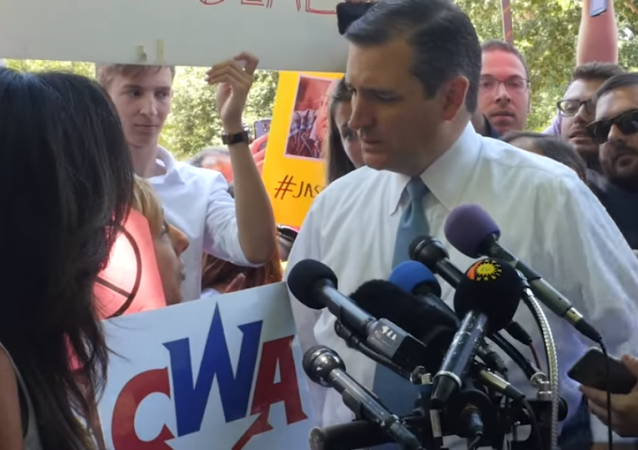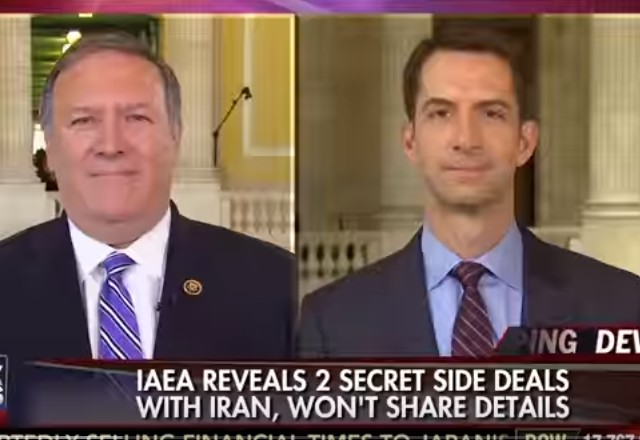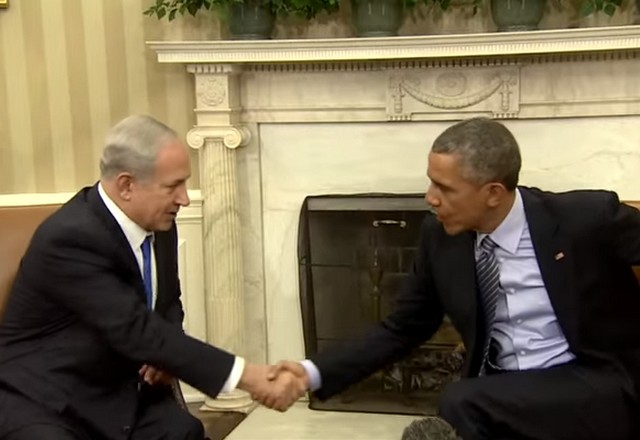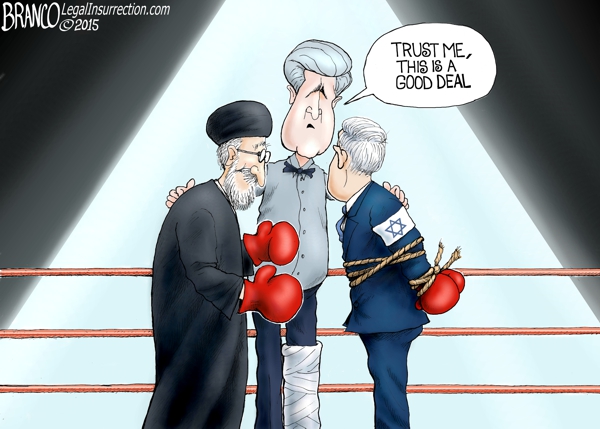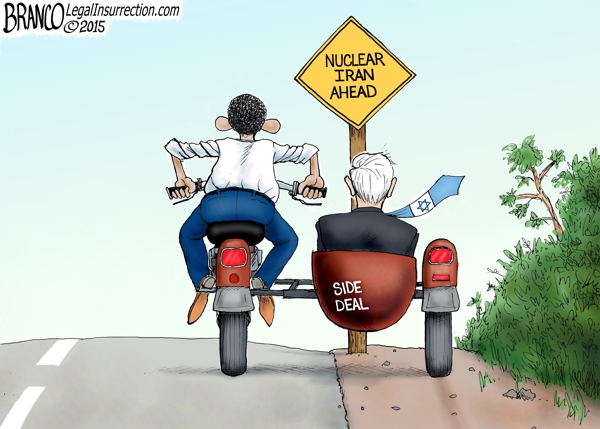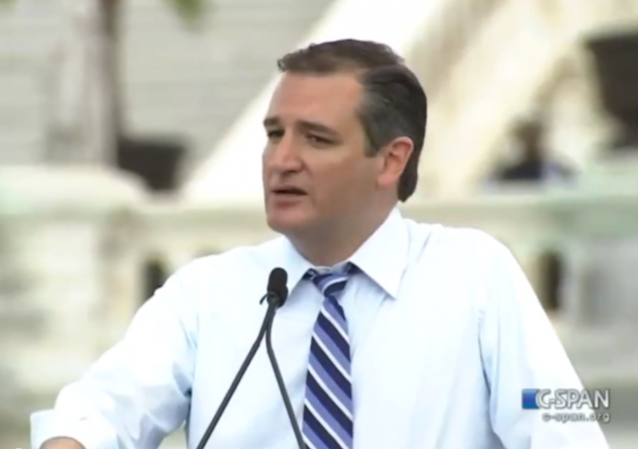Five Lessons from the Iran-Saudi Blowup
on January 05, 2016
8 Comments
The fallout from the execution of prominent Shiite cleric Nimr al-Nimr in Saudi Arabia on Saturday will roil the Middle East region for some time to come. Below, I review the recent developments since our last posts (see here and here) and discuss some of the lessons to be learned from this latest episode in the unraveling of the Muslim Middle East.


